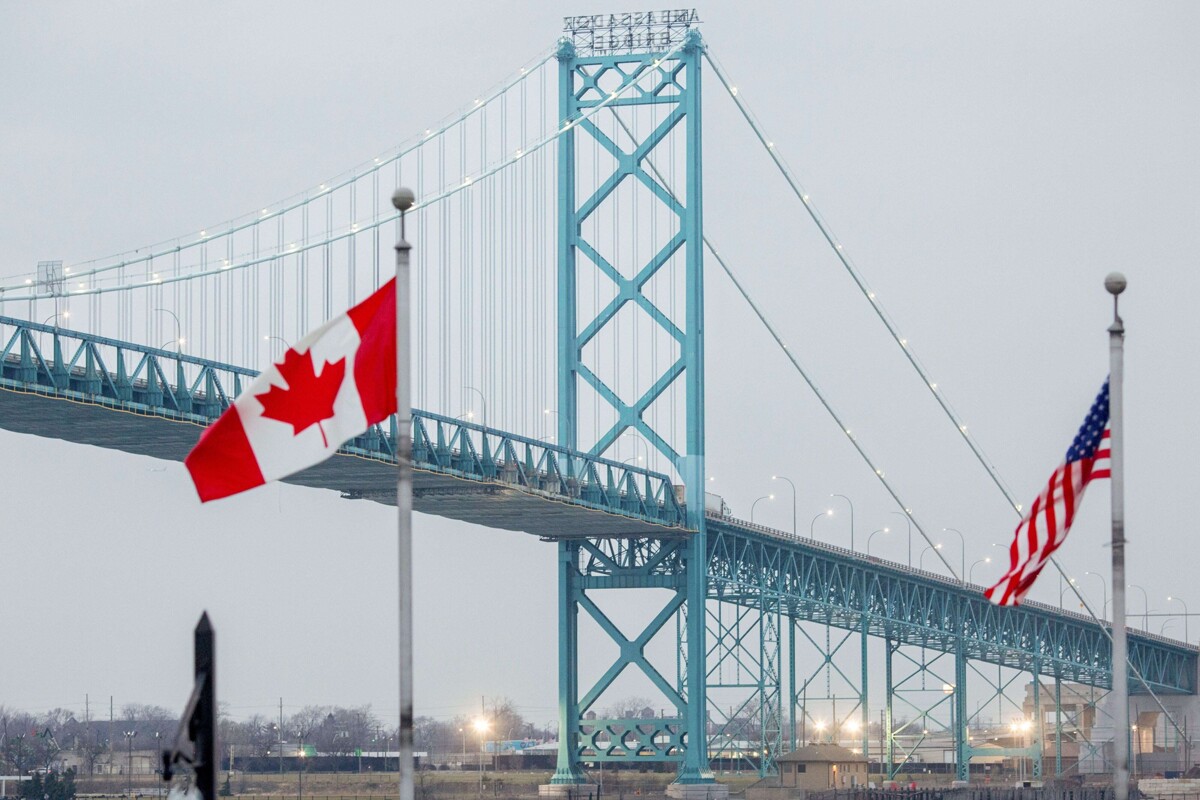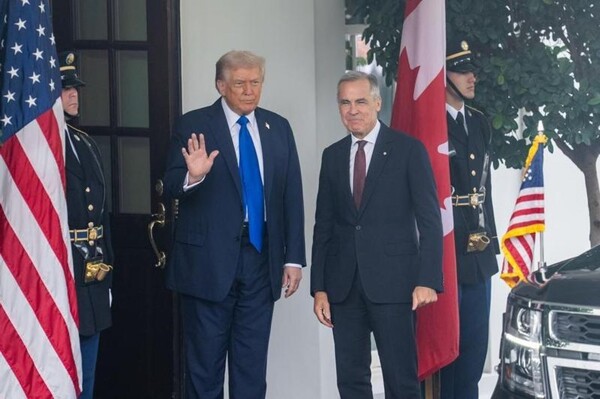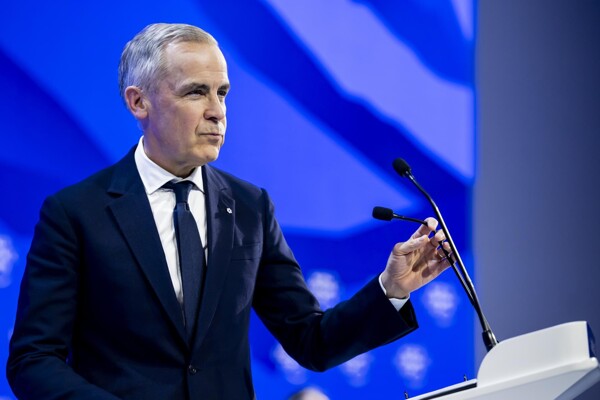
Justin Trudeau has completed his nine-year term in power, and the struggle for his succession has led the Conservative Party to adopt stances akin to Trumpism. In a beautiful building right across from the Capitol, an icon of democracy, there is a sculpture of the Indigenous peoples of North America in its central courtyard. For decades, Canada's political parties, both Liberal and Conservative, have maintained a consensus on enriching the relationship with the United States while upholding policies of humane capitalism, universal health care, and inclusion of minorities. The emergence of a 2.0 version of Trump catches them off guard in this political landscape.
Canadian politics is altered by figures like Chrystia Freeland, former Deputy Prime Minister and negotiator of the USMCA, who seeks to lead the Liberal Party and succeed Trudeau. Freeland emphasizes the lesson Trump represents for Canada and Mexico, urging to avoid nationalist reactions and not to underestimate the unpredictability of the former U.S. president. According to Freeland, Trump is not a reliable partner, and his tactics must be approached with caution.
Trump is applying pressure on Canada aggressively, unleashing challenges for the country. Freeland stands out for maintaining a firm and rational stance in the face of the actions of the former U.S. president, who now operates almost without checks from his Congress and judicial system. Despite the challenges posed by Trump, Canada has maintained a consistent diplomatic presence in Washington over the years to anticipate and respond effectively to the movements of its southern neighbor.
Throughout history, Canada has strategically adapted to the changing dynamics of the United States, maintaining a pragmatic and firm relationship amid challenges. Despite current tensions, Canada continues to seek to safeguard its interests and maintain an influential presence in the North American political sphere.













